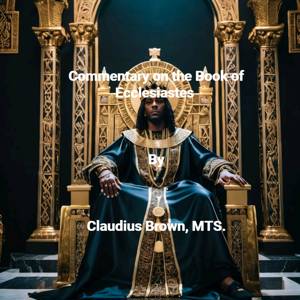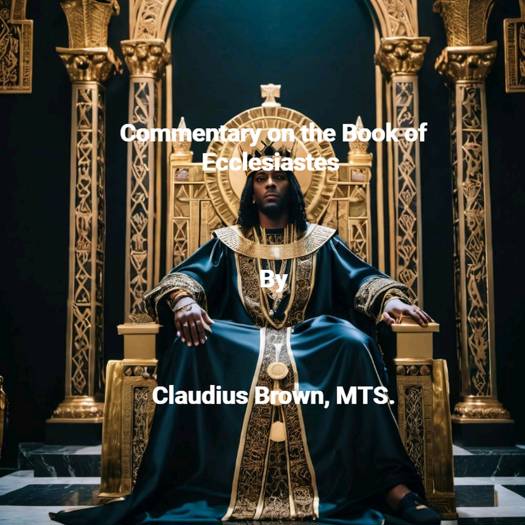
- Retrait gratuit dans votre magasin Club
- 7.000.000 titres dans notre catalogue
- Payer en toute sécurité
- Toujours un magasin près de chez vous
- Retrait gratuit dans votre magasin Club
- 7.000.000 titres dans notre catalogue
- Payer en toute sécurité
- Toujours un magasin près de chez vous
Description
The Book of Ecclesiastes, attributed to King Solomon, is a philosophical and reflective text found in the Old Testament. Comprising 12 chapters, it explores the theme of the meaning of life and the human condition. The author, often identified as Solomon, reflects on the vanity and transience of earthly pursuits, emphasizing the cyclical nature of existence.
Ecclesiastes begins with the famous phrase "Vanity of vanities, all is vanity," setting the tone for its exploration of life's fleeting nature and the pursuit of meaning. Solomon examines various aspects of life, including wisdom, pleasure, work, and wealth, ultimately concluding that true fulfillment comes from fearing God and keeping His commandments. The book encourages a perspective that transcends the temporal, urging readers to seek a deeper, spiritual understanding of life. Ecclesiastes stands as a contemplative piece of literature, prompting readers to ponder the ephemeral nature of worldly pursuits and consider a higher, eternal perspective.
Spécifications
Parties prenantes
- Auteur(s) :
- Editeur:
Contenu
- Langue:
- Anglais
Caractéristiques
- EAN:
- 9798223449775
- Date de parution :
- 01-01-24
- Format:
- Ebook
- Protection digitale:
- /
- Format numérique:
- ePub







